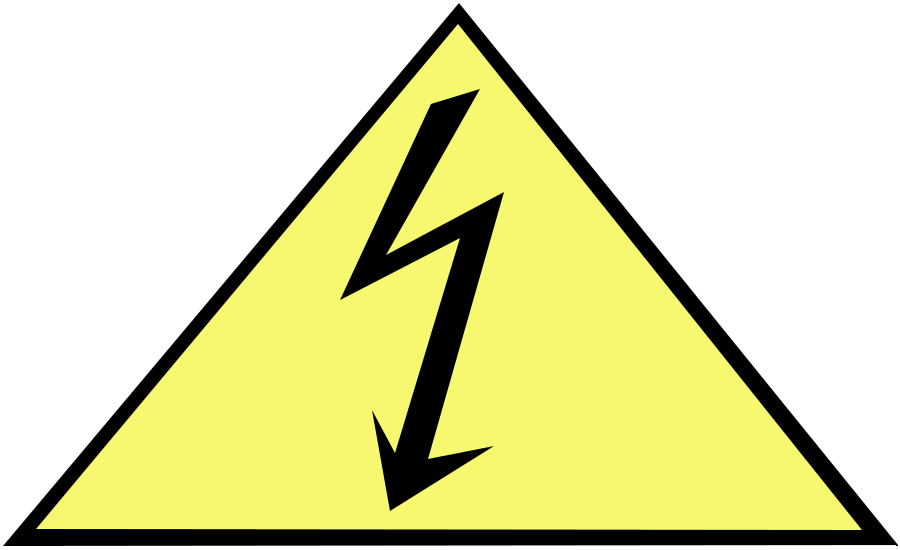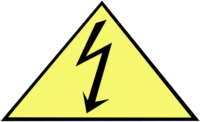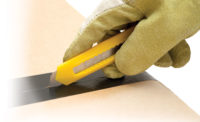Industrial work is somewhat known for its risk for injury. However, it's still not something people often think about when actually doing the work that risks so much injury in such a substantial way. There are various ways injuries can happen when doing industrial work.
The most common cause is due to electricity. In 2015 alone, electrical hazards caused 134 workplace fatalities and 2,480 injuries that resulted in lost work days. Electrocution is the sixth most common cause of workplace deaths in the United States. Despite the statistics, preventive measures are insufficient and electrical hazards continue to cause injuries and deaths.
A worker suffers from electrical injury when he or she becomes one with an electrical circuit. It’s a terrifying concept, but an accurate representation of how an electrical injury occurs. The Canadian Center for Occupational Health and Safety notes that human beings are incredibly conductive and electricity will flow through us if there is no other easy path.
Electrical injuries can occur in many ways, such as when a worker comes into contact with an exposed electric conductor or part of a circuit. This can cause heart problems, muscle spasms, and loss of breath. Injury can also result if electricity is passed from a conductor or circuit through a gas and into a grounded worker. This type of injury is more serious and can often end in death. Additionally, workers can be burned by electrical fires or fall from heights after being shocked.
Here are some tips to help keep electrical injuries from happening in the workplace.
- Always identify any electrical hazards before starting work. These hazards should be labelled clearly so anybody passing by can easily identify them.
- Always keep your equipment away from energy sources. On top of that, only ever use equipment specifically made for the job at hand.
- Use non-conductive ladders to keep from being shocked at large heights. This can help prevent falls, as well.
- Be wary of outlets that are hot to the touch. This may indicate bad wiring and could result in an electrical fire.
- Never nail or staple extension cords into place. Only ever use electrical tape for this purpose. Damaged cords can lead to electrical fires and shocks. Because of this, you should also thoroughly inspect all electrical cords before use and never use a cord that shows signs of damage.
- Always wear proper protective clothing and use insulated tools when around electrical hazards.
These preventative measures may seem like overkill, but the truth is that you can never be too safe when it comes to electrical injury. With such heavy statistics showing how many people can die from such hazards, businesses should take great care to protect their workers. If workplaces were to properly train and protect their employees, the amount of electrical injuries would be greatly decreased.


